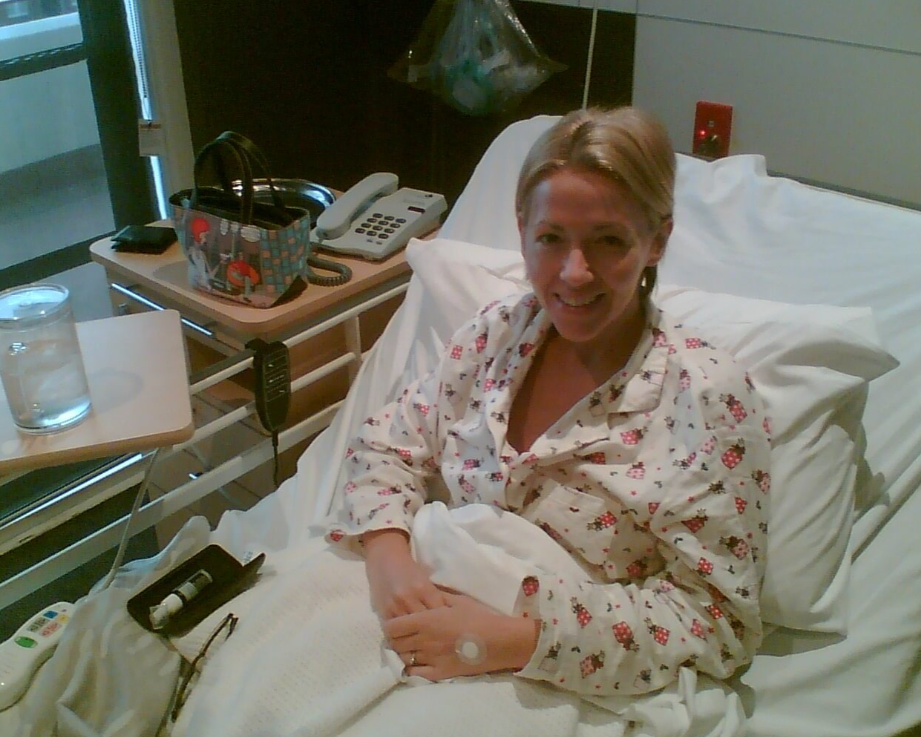It’s not always easy to talk about cancer. But these conversations can change, and even save, lives. When was the last time you talked about your family history of cancer?
For some families, talking openly about health, life and everything in between is natural, sometimes even a competition to see who can share the most. But in other families, it’s the opposite. Cultural beliefs, social norms, or just discomfort can make honest conversations difficult. And when families don’t talk about things like cancer, the consequences can be devastating.
I’m the CEO of Inherited Cancers Australia, the only dedicated organisation supporting people with gene mutations that increase cancer risk. Our community is often invisible in the cancer space because most of us are “well”; we don’t have cancer yet. We feel so overlooked that just two weeks ago, one of my staff ran the City2Surf topless, showing her mastectomy scars and flat chest, to draw attention to our cause.
People understand cancer, but fewer realise that inherited cancer risk is written into our DNA and passed down through generations. My colleague Robyn (who has a BRCA2 gene mutation) once told me that when she had her third child, a baby boy, her first thought was relief: “If he has this gene mutation too, at least he won’t have to face the decisions I’ve had to make as a woman to manage my cancer risk.” That’s the sort of risk we live with, a 40–70 per cent chance of developing cancer.
People in our community are often younger than in other cancer charities. We’ve watched cancer tear through generations. We’ve undergone genetic testing and faced life-altering decisions about how to manage our risk. And yet we remain largely unknown, even though more than 1 in 400 people carry a high-risk mutation. Our families are unique; we pass down more than just freckles or brown eyes.
But learning about inherited risk isn’t all doom and gloom. Knowledge is power. Unlike previous generations, we now have access to information that opens up opportunities and various options. After my own diagnosis with triple negative breast cancer at 29[RS1] , I discovered I carried a BRCA1 gene mutation linked to my Ashkenazi Jewish heritage. I could handle the cancer and its treatment because I knew it ended with me. But the inherited risk was harder to face, because it meant my children might one day carry it too.

This is why conversations about family cancer history are essential. In our community, we often hear of people who never had these talks, and then a family member is diagnosed with a cancer that could have been prevented. These conversations save lives.

August 27 is the first Inherited Cancers Awareness Day, a day to acknowledge those affected and a day for everyone to learn, ask questions, and start conversations about family history.
In my own family, I didn’t see an obvious history of cancer. Only after my diagnosis did I learn my great aunt had breast cancer, and my grandmother may have had ovarian cancer. If we’d spoken more about health and heritage, I might have been more prepared for what lay ahead. Families are complicated, and these conversations can feel uncomfortable. But they are a gift, one that can empower you and protect those you love.
On August 27, I’m not asking you to run down the street with your shirt off. I’m asking you to have one conversation about your family cancer history. It may save your life, or the life of someone you love.
For more information about Inherited Cancers Awareness Day, visit this website.


